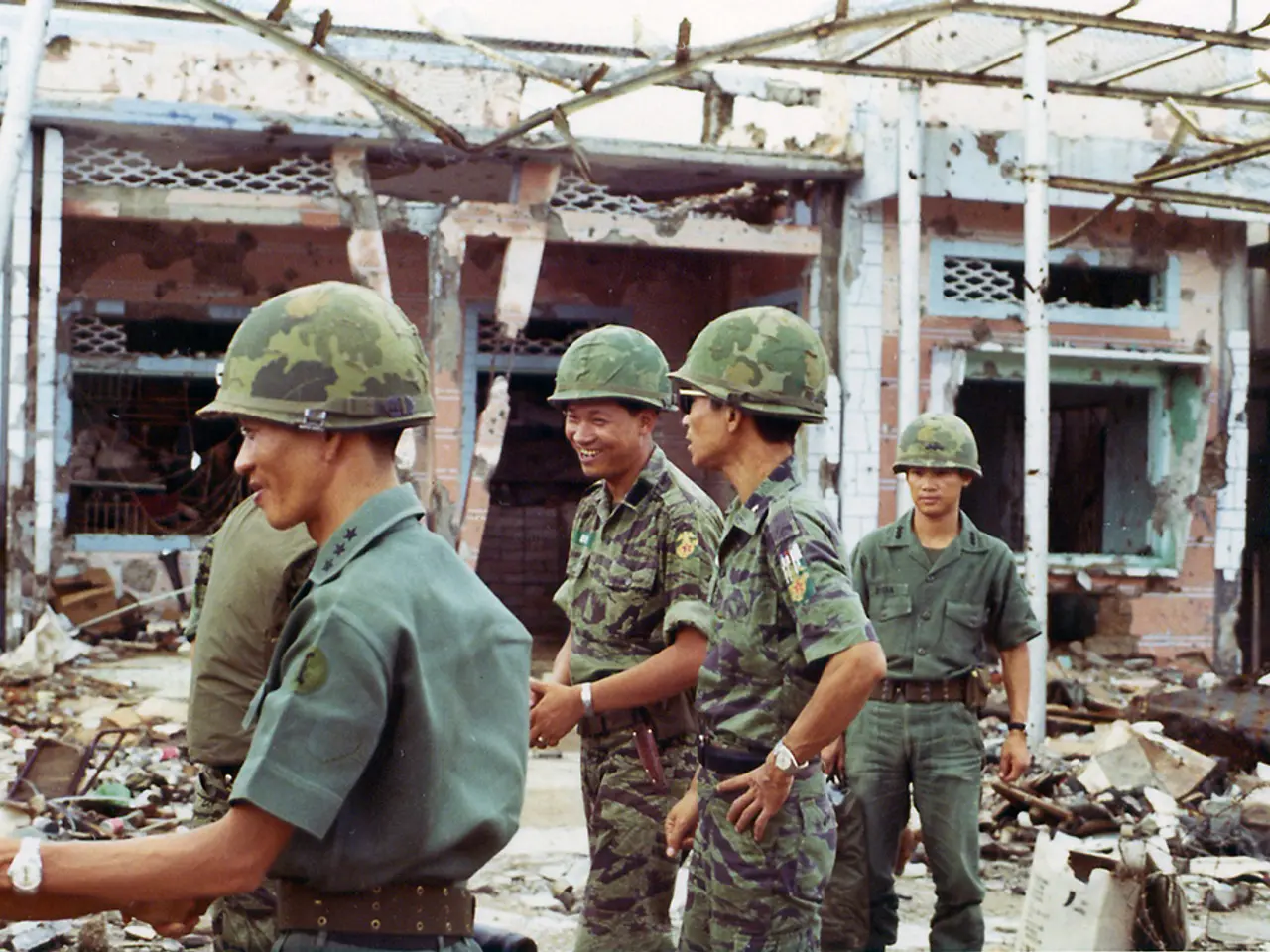Earthquake in Afghanistan leveled 5,230 homes across 49 villages, according to United Nations report
In the eastern region of Afghanistan, a 6.0 magnitude earthquake struck on August 31, causing widespread destruction and leaving thousands in need of aid. The disaster has affected an estimated 500,000 people, with over half being children, according to the United Nations (UN).
The UN has estimated that the earthquake has destroyed 5,230 homes and damaged 672 in 49 villages. However, due to damaged roads, the organization has not been able to assess the impact in the majority of the 441 affected villages.
Shannon O'Hara, Head of Strategy and Coordination for the United Nations Office for the Coordination of Humanitarian Affairs (OCHA) in Afghanistan, made a statement on Monday about the difficulties in assessing the impact of the earthquake in the affected villages.
The aftershocks of the earthquake ranged from 5.2 to 5.6 in magnitude, adding to the destruction and making rescue efforts even more challenging. The death toll from the earthquake has reached at least 2,200, with the possibility of more bodies being recovered.
Organizations providing aid and support to the earthquake-affected villages in Afghanistan include UNICEF, UNHCR, Islamic Relief, and the international aid organization Help – Hilfe zur Selbsthilfe. These groups operate in difficult-to-access regions and often work with trusted local partners, providing emergency supplies, cash aid, shelter, food, water, and fuel, as well as healthcare, education, psychosocial support, warm clothing, tents, blankets, solar lamps, and plastic sheets.
As the rescue efforts continue, the potential death toll could potentially rise. The UN is urging for continued support and resources to help those affected by this devastating disaster.
Read also:
- ICE directed to enhance detention conditions following NYC immigrants' allegations of maltreatment
- Israeli finance minister issues warnings about potential annexation of West Bank territories
- United States faces rebuttal from South Africa over allegedly deceitful human rights report and assertions of land expropriation
- Accident at Rodalben Results in Injuries; Geoskop Area near Kusel Affected After Stormy Weather








